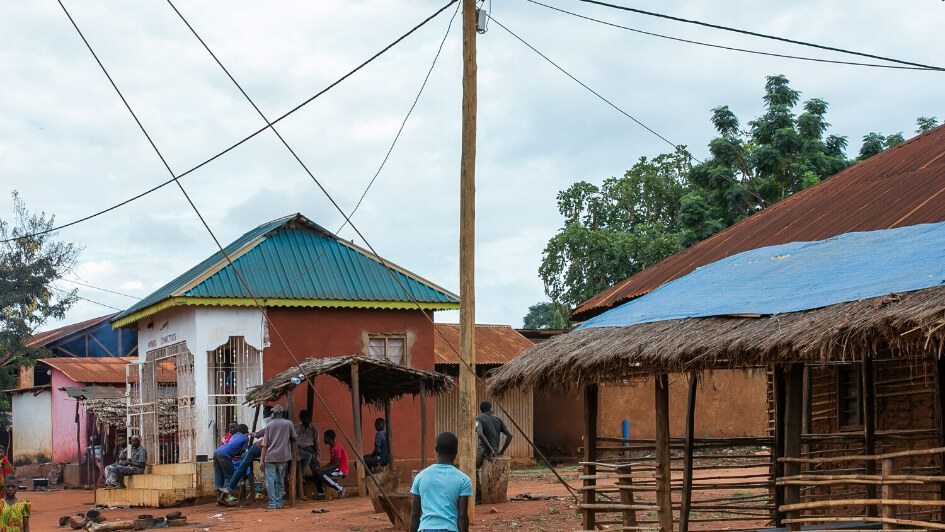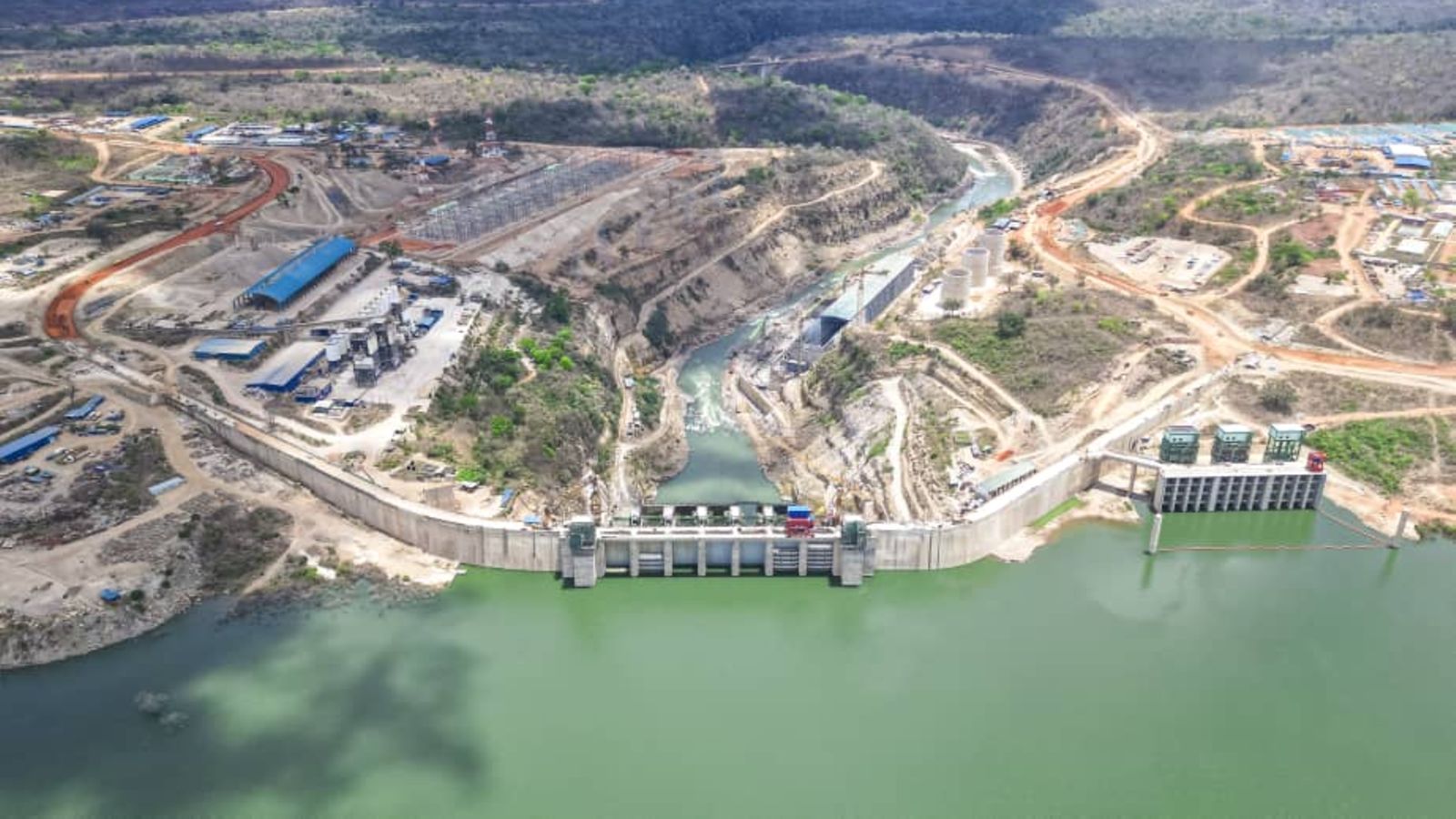Govt makes big strides in energy, mining sectors

DODOMA: THE sixth-phase government has made significant strides in enhancing electricity generation, transmission and distribution over the past four years.
Addressing delegates of the ruling party Chama Cha Mapinduzi (CCM) in Dodoma yesterday, during the party’s Extraordinary General Meeting, Prime Minister Kassim Majaliwa said the government, through the Rural Energy Agency (REA), has connected with electricity 12,278 villages out of 12,318 villages, representing 99.67 per cent.
He said electricity services have been extended to 32,827 hamlets out of 64,359 hamlets, which equals 51 per cent.
The Premier attributed these achievements to the strengthening of energy sources and infrastructure for oil and gas, in line with the CCM Election Manifesto for 2020-2025.
Among the beneficiaries are villages in Kigoma Region, where, on October 17, last year, President Dr Samia Suluhu Hassan led the transition from oil-powered generators to grid electricity.
Mr Majaliwa noted the progress of the Julius Nyerere Hydropower Project (JNHPP), which has reached 99.5 per cent completion. Once completed, the project will generate 2,115 MW, with 1,410 MW already integrated into the national grid.

He said a 400-kilovolt electricity transmission line, stretching 160 kilometres from JNHPP to Chalinze, has been completed.
The integration of the National Grid with neighbouring countries has also been achieved through the Backbone Transmission Power Investment Project of 400 kilovolts with Kenya and the Rusumo Project (80 MW) connecting Tanzania with Burundi and Rwanda.
Electricity connections to institutions providing social services, including educational institutions, businesses, water pumps, health centres and places of worship, have increased from 23,140 in 2020 to 49,123 in 2024, he said. Regarding oil infrastructure, the East African Crude Oil Pipeline (EACOP) project has reached over 50 per cent.
Mr Majaliwa said in May last year, the government launched the National Clean Cooking Energy Strategy, which aims to ensure that 80 per cent of households have access to clean cooking energy by 2034.
This initiative positions President Samia Suluhu Hassan as a global champion of eco-friendly cooking energy.
Under the strategy, 1,551 households, 57 industries, 5,000 vehicles and 9 institutions have been connected to the natural gas system.
Moreover, 87,100 cooking gas cylinders and 4,200 improved stoves have been distributed, while the infrastructure for natural gas distribution has been extended.
Cooking systems have also been installed in institutions serving over 300 people, such as secondary schools, military camps and prisons.
To further enhance affordable cooking, the government distributed 452,455 gas cylinders and 200,000 improved stoves with subsidies ranging from 25 per cent to 50 per cent to rural households.



